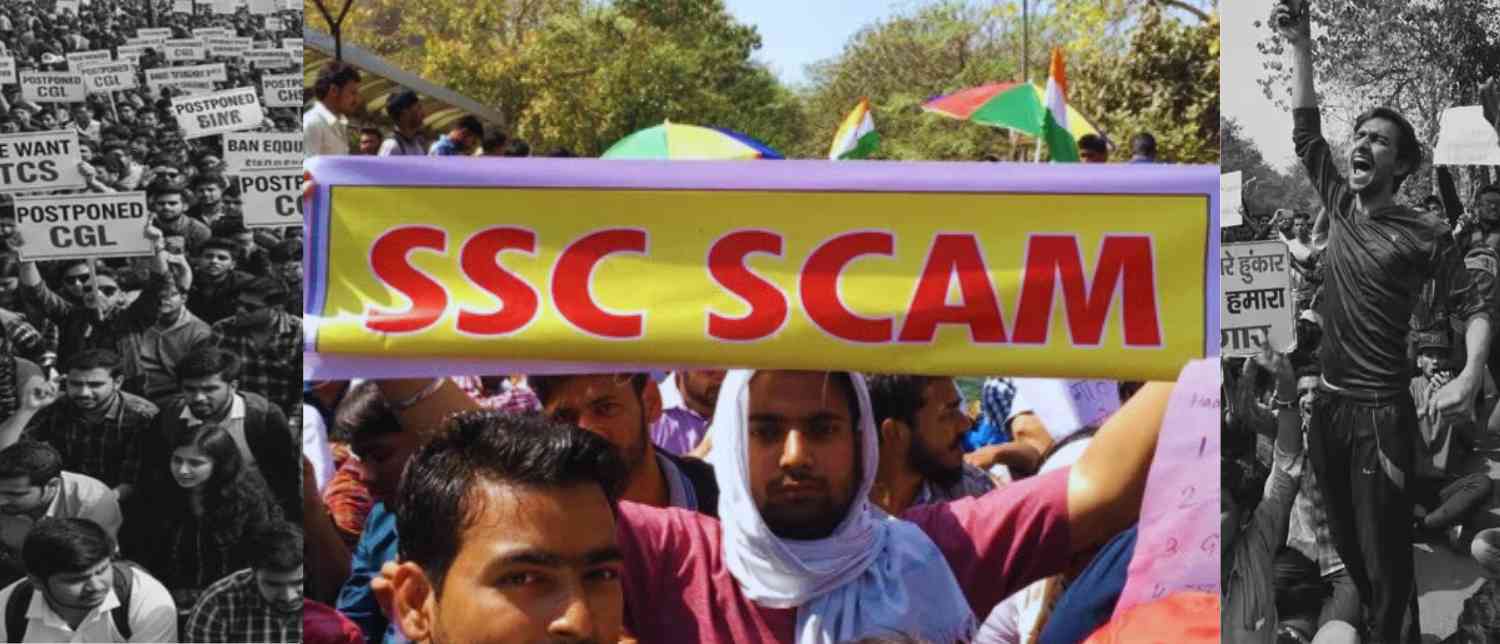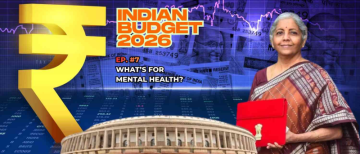The Staff Selection Commission (SSC) stands as a crucial institution for millions of young Indians seeking government jobs. Every year, SSC conducts exams to recruit candidates for various central government posts, offering a chance to secure stable employment and socio-economic upliftment. However, controversy has surrounded these examinations in recent years, raising vital questions about fairness, merit, and reservation policies. Is the recruitment process truly selecting the most deserving candidates? Or is it favoring the well-off and connected, while ignoring the rightful aspirants from marginalized backgrounds?
This debate is not just about government exams — it echoes the larger conflict within Indian society regarding social justice, equality, and what “merit” really means.
Understanding the Reservation System and Merit
India’s reservation system is a form of affirmative action designed to provide historically disadvantaged groups with increased access to education and government jobs. Scheduled Castes (SC), Scheduled Tribes (ST), Other Backward Classes (OBC), Economically Weaker Sections (EWS), and Persons with Disabilities (PwD) have reserved quotas in public service recruitment. This system intends to correct long-standing social inequalities and ensure fair representation.
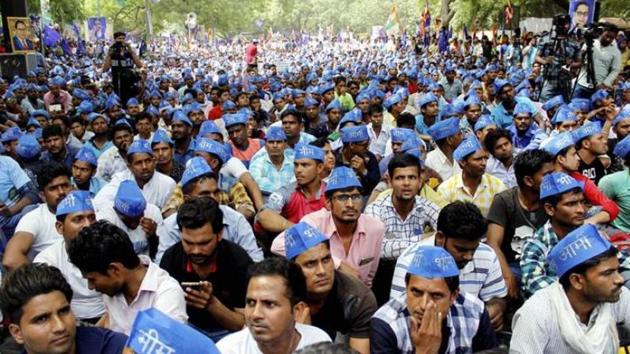
However, reservations often ignite heated controversy. Critics argue that reserving seats based on caste or class status undermines meritocracy by allowing candidates with lower exam scores to be selected over those with higher scores. Supporters maintain that merit alone, defined narrowly by marks on a paper, ignores social realities and structural disadvantages faced by marginalized communities.
Recent SSC Controversies Sparking National Protests
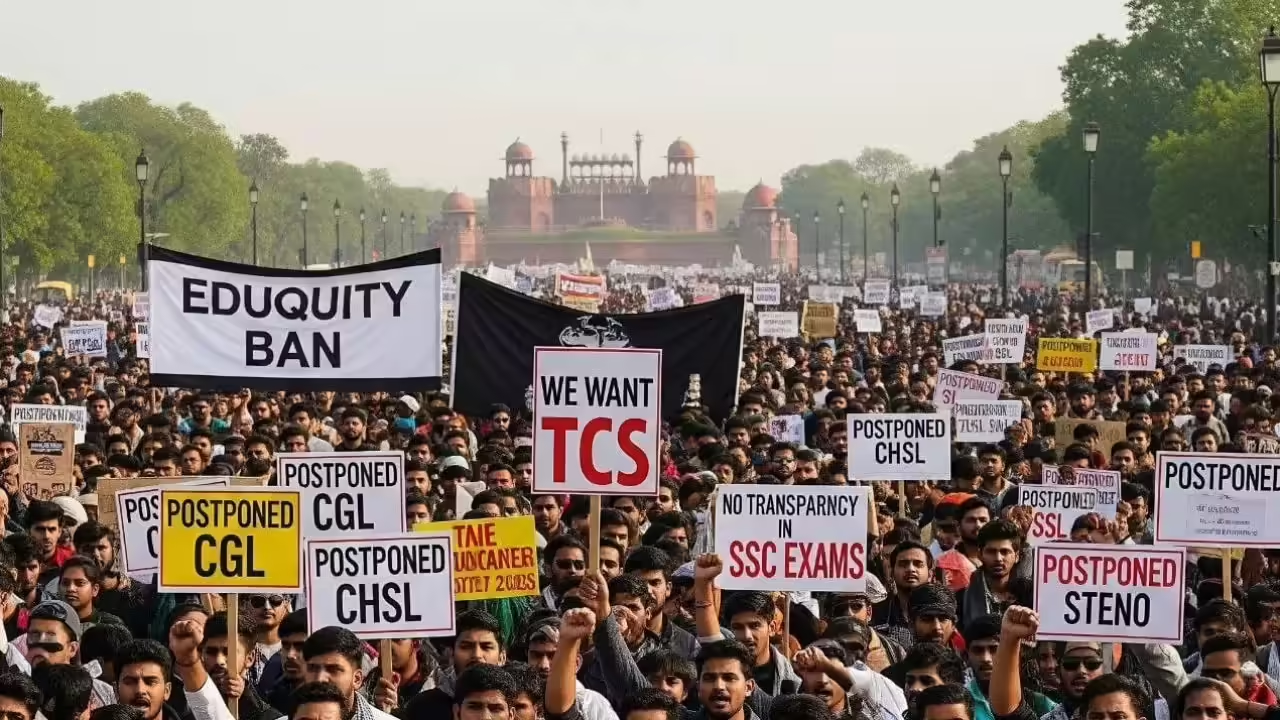
The year 2025 has been particularly turbulent for SSC aspirants. The SSC Selection Post Phase 13 recruitment exam, among others, witnessed repeated problems of cancellations, technical glitches, and alleged mismanagement, triggering mass protests across India. Lakhs of candidates and even teachers marched demanding transparency, accountability, and reforms.
Key grievances included:
-
Last-minute exam cancellations without prior notice, forcing candidates to travel long distances and bear expenses needlessly.
-
Technical failures at exam centres, such as computer crashes and biometric authentication issues.
-
Misallocation of exam centres, with some candidates sent hundreds of kilometres away from their home cities.
-
Poor infrastructure and unprofessional conduct of invigilators and security staff.
-
Appointment of a controversial private agency, Eduquity, with a tainted reputation due to prior involvement in scams, to conduct exams.
Social media went abuzz with hashtags like #SSCMisManagement and #SSCVendorFailure, amplifying the voice of frustrated aspirants who felt that their futures were at stake due to systemic failures.
The Problem with Narrow Definitions of Merit
At the heart of the debate is how “merit” is defined. Traditionally, merit in public recruitment is judged by examination scores and ranks alone. This exclusive focus overlooks the historical marginalization, lack of access to quality education, and socio-economic challenges faced by many students from Reserved Categories.
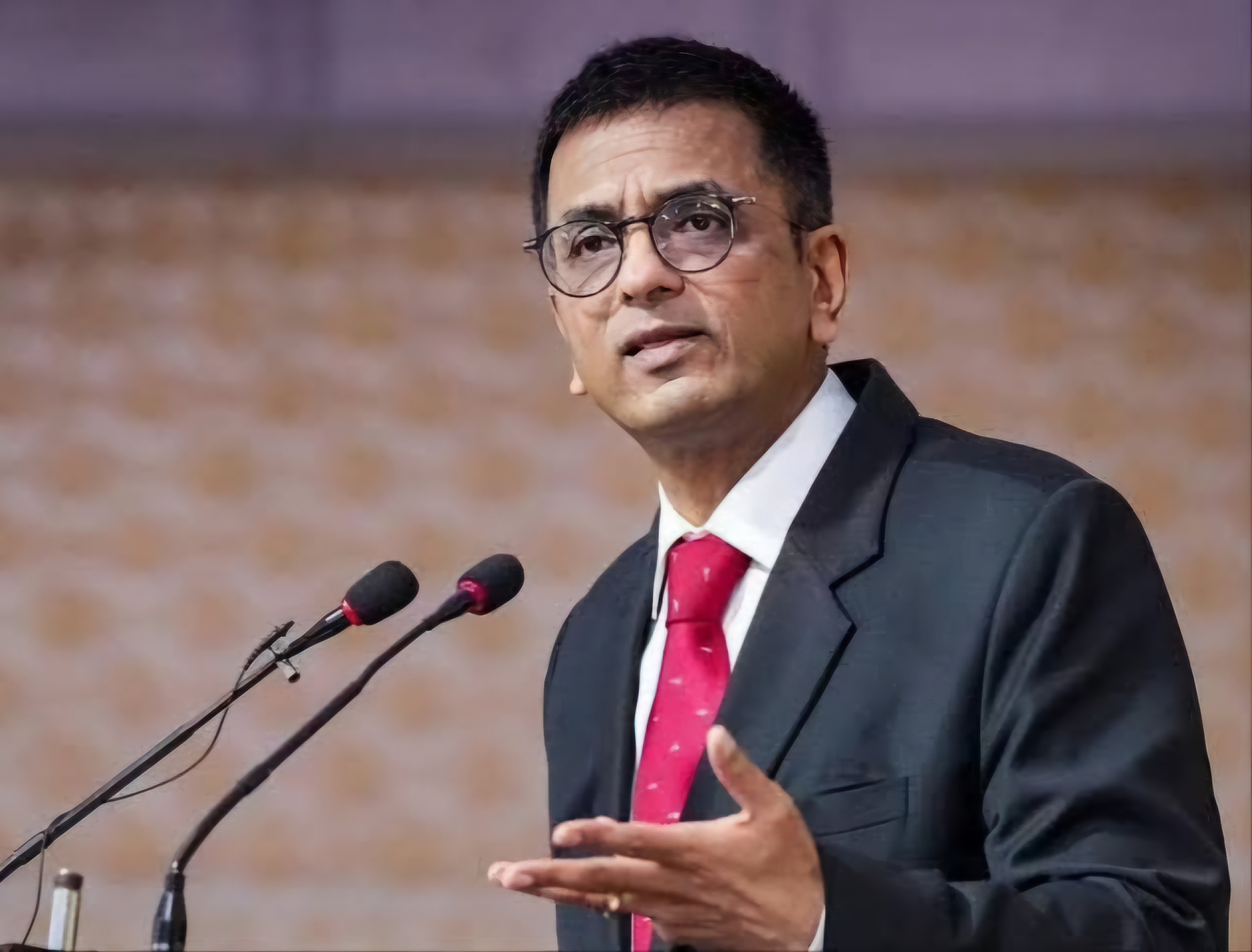
The Supreme Court of India has addressed this in several judgments. Justice D.Y. Chandrachud, in a landmark ruling, emphasized that merit should not be narrowly equated with higher exam marks. Instead, it must be balanced with social justice considerations to create an inclusive and representative bureaucracy.
The Court ruled that excluding candidates from reserved categories on the pretext of “merit” is unconstitutional. It recognized that substantive merit includes recognizing disadvantage and providing opportunities for upliftment to historically oppressed communities. This approach protects diversity, promotes social equity, and maintains administrative efficiency simultaneously.
Is SSC Becoming a System for the Rich?
The recent issues with SSC exams have added fuel to the argument that SSC is favoring the “rich” or privileged. The technical issues, sudden cancellations, and poor communication reportedly impact disadvantaged candidates harder. Those with financial means can afford to travel multiple times, access better coaching, or handle re-appearances more easily than economically weaker aspirants.
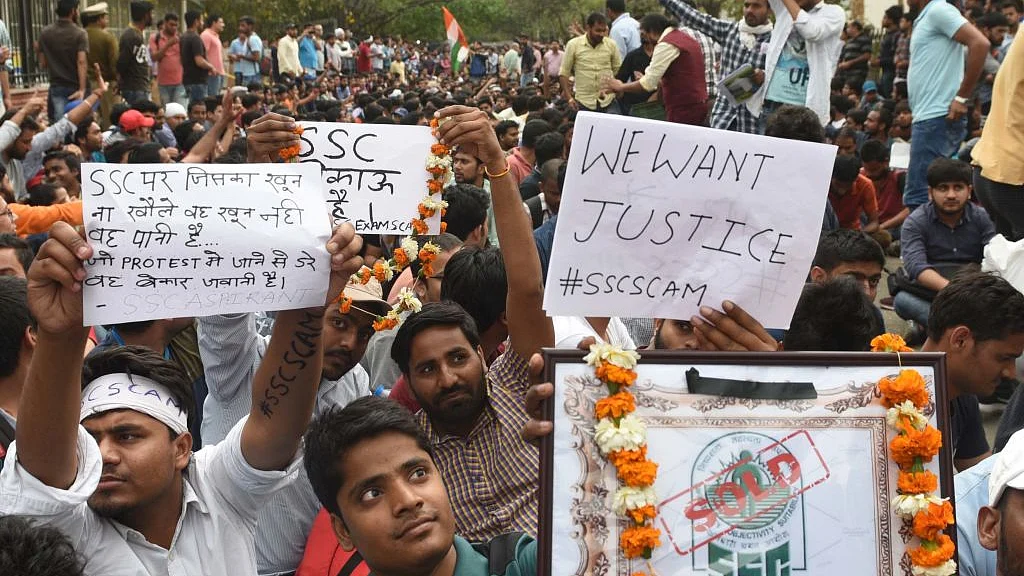
At the same time, some aspirants misuse the reservation system by falsifying caste certificates or taking advantage of relaxed cut-offs. These anomalies cause resentment among aspirants who qualify through General or Open categories but feel overlooked. Such incidents, often widely publicized, create a perception that reservation compromises quality.
Yet, most advocates argue these irregularities do not justify dismantling reservations but highlight the need for better verification and stricter enforcement to protect genuine beneficiaries.
What Needs to Change?
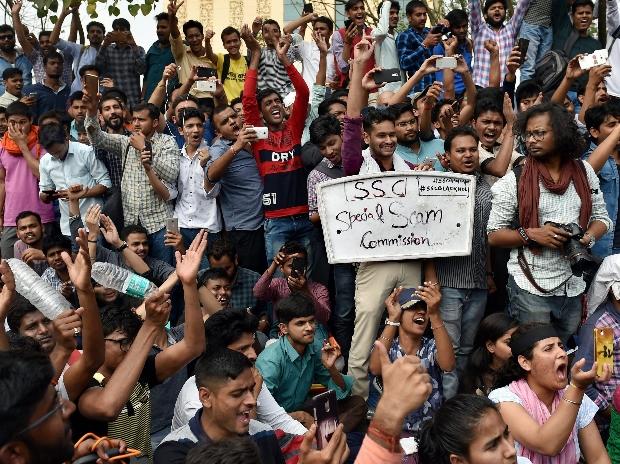
The solution lies not in abandoning reservation or merit, but in reforming the system to increase transparency, fairness, and efficiency. Recommendations include:
-
Improved Exam Management: The SSC must enhance its infrastructure and avoid outsourcing critical functions to inexperienced or blacklisted vendors to prevent glitches and cancellations.
-
Timely Communication: Admit cards, exam schedules, and centre details should be shared well in advance.
-
Support to Marginalized Candidates: Provide free or subsidized coaching, digital access, and counseling to help disadvantaged aspirants compete fairly.
-
Strict Verification: Implement strong checks against fake certificates while ensuring genuine candidates do not face harassment.
-
Awareness and Training: Train examination staff in professional conduct to provide a respectful and fair environment.
-
Judicial and Government Oversight: Independent audits and prompt investigations into complaints can restore public faith.
Merit and Representation: Two Sides of the Same Coin
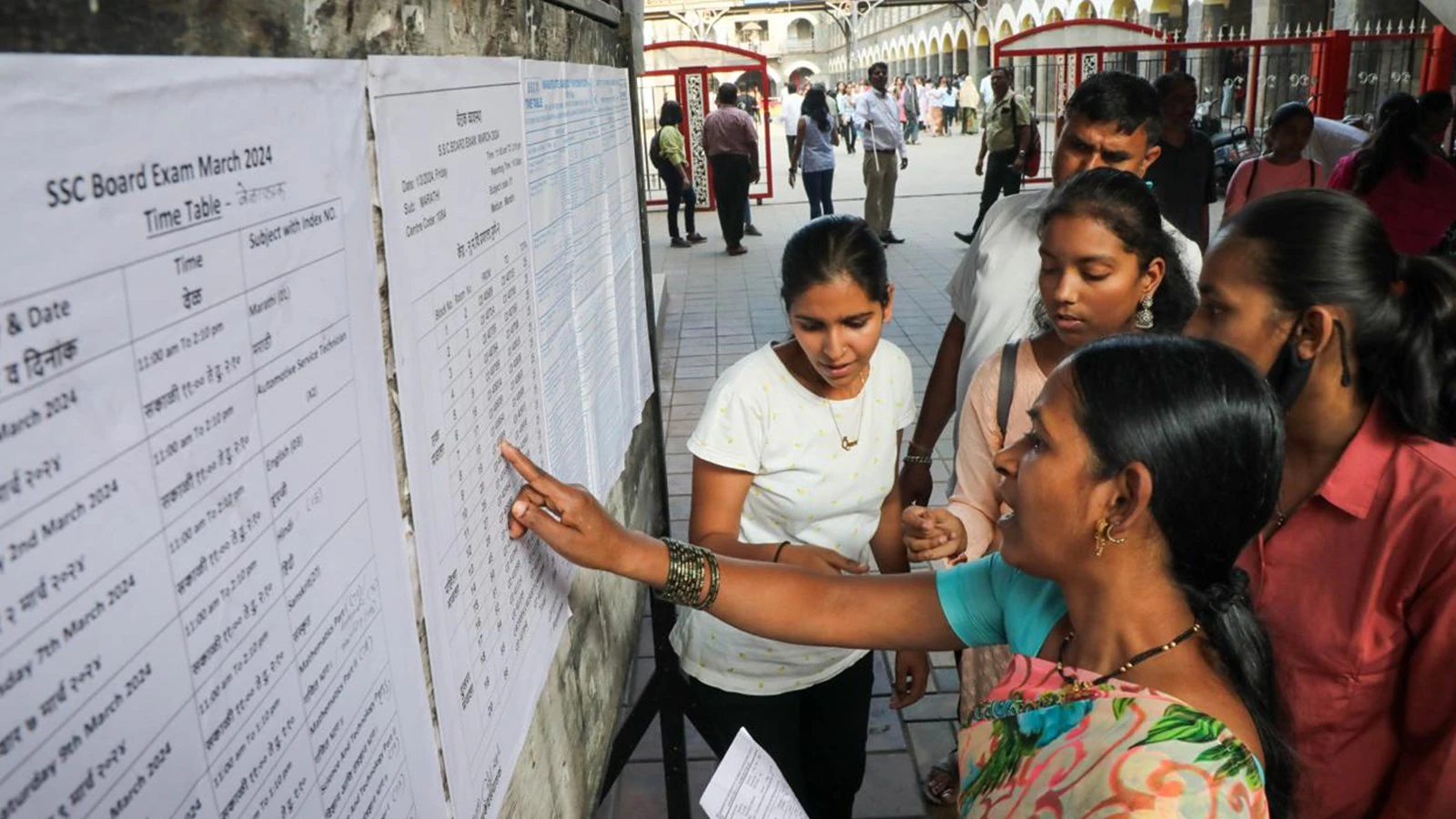
Merit must be understood as multidimensional. A candidate’s capabilities are not merely what a written exam score shows. Socio-economic background, effort despite disadvantages, personality, leadership abilities, and the capacity to serve a diverse population also define merit.
Reservations help widen the pool, ensuring that public service represents all segments of society. This diversity benefits governance by incorporating varied perspectives, experiences, and talents.
Dismissing reservations as mere “quota politics” risks perpetuating historical exclusion and inequality.
Call to Action: Upholding Fairness and Justice in SSC Recruitment
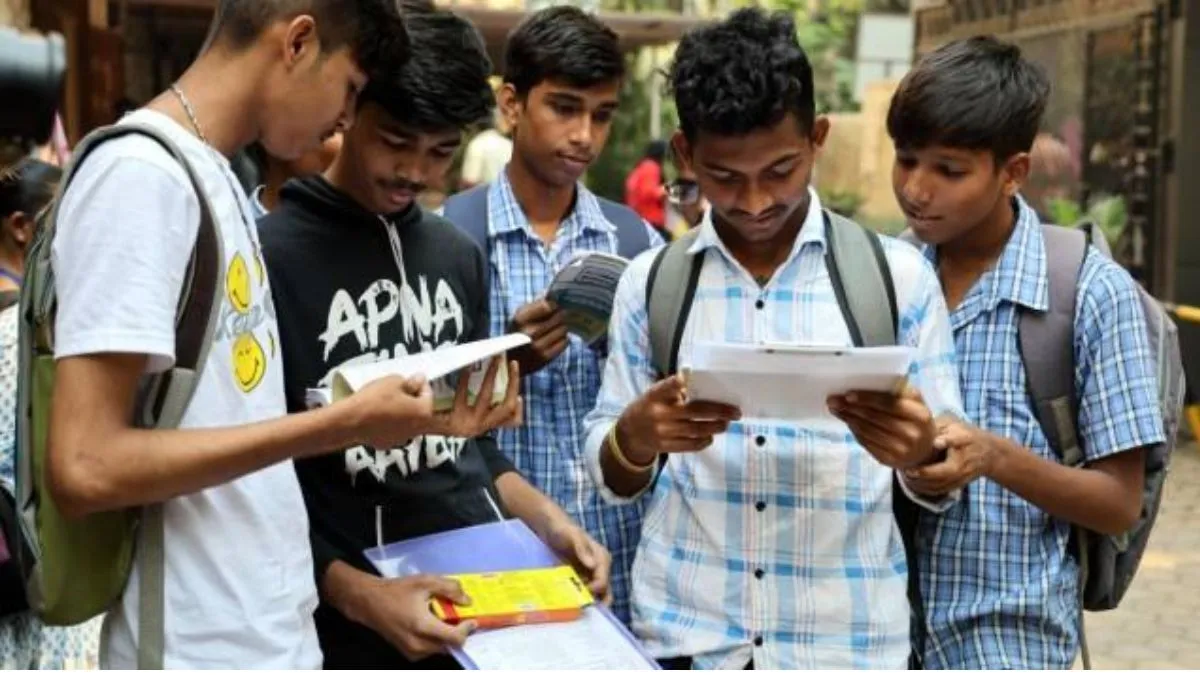
If you are an SSC aspirant or concerned citizen, here’s what you can do:
-
Stay informed by following official SSC updates on their official website and trusted news sources.
-
Engage in peaceful discussions and constructive debates on merit and reservation to build awareness.
-
Support calls for greater transparency, technical modernization, and fairness in the recruitment process.
-
Empower marginalized aspirants by sharing resources, mentorship, and encouragement.
-
Report any irregularities during exams to authorities promptly.
-
Advocate for reforms that uphold constitutional values of equality and justice.
Together, we can demand a system where merit and social justice coexist—ensuring the rightful candidates get opportunities to serve the nation.
The question “SSC for the Rich, Not the Rightful? How Long Will Merit Be Ignored?” challenges us to look deeply at our recruitment system. True merit in India’s diverse society cannot ignore social realities or historical disadvantages. The Supreme Court’s progressive rulings offer a blueprint for balance—valuing competence and inclusivity alike.
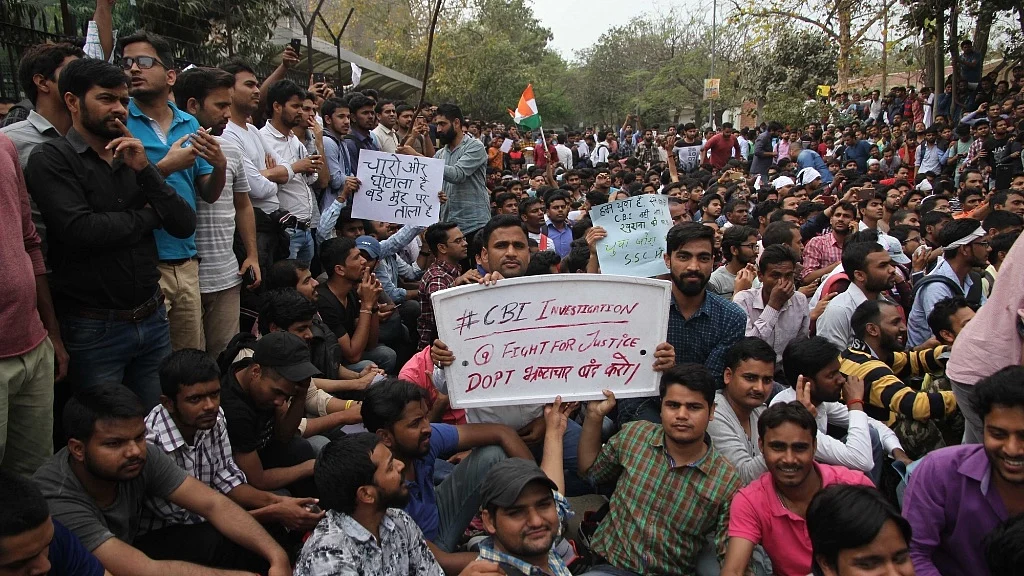
The recent SSC disruptions underscore the urgent need for reform. By improving transparency, efficiency, and support for disadvantaged candidates, the SSC can reclaim aspirants’ trust.
Ultimately, India’s goal must be a fair and accessible public service recruitment system that selects the best talent, nurtures diversity, and fulfills the constitutional promise of equality.
With inputs from agencies
Image Source: Multiple agencies
© Copyright 2025. All Rights Reserved. Powered by Vygr Media.

